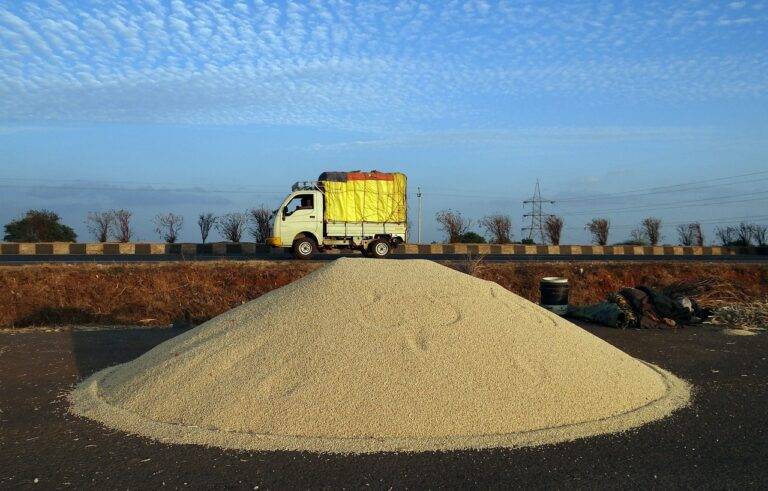Analyzing the Impact of Social Media on Voter Engagement
Social media has undeniably become a powerful tool in shaping political landscapes around the world. With its vast reach and instantaneous communication, platforms like Facebook, Twitter, and Instagram have revolutionized the way politicians connect with voters and disseminate their messages. It has democratized the exchange of political ideas, allowing for a more direct and interactive engagement between elected officials and their constituents.
Moreover, social media has provided a platform for grassroots movements to flourish and amplify their voices without traditional gatekeepers. The accessibility and viral nature of social media have enabled movements like #MeToo, Black Lives Matter, and Fridays for Future to spread rapidly and mobilize support on a global scale. This has shifted the balance of power in political discourse, challenging established norms and institutions, and giving a voice to marginalized communities that were previously overlooked by mainstream media.
The Influence of Social Media Platforms on Voter Behavior
Social media platforms have become powerful tools in shaping voter behavior in modern politics. Through these platforms, political candidates can directly engage with voters, share their messages, and mobilize support. The instantaneous nature of social media allows for real-time updates and interactions, creating a sense of immediacy and connection with voters.
Moreover, the viral nature of social media can amplify certain messages, influencing public opinion and swaying voter attitudes. Posts, videos, and memes can quickly spread across various platforms, reaching a wide audience and potentially impacting voter perceptions. This rapid dissemination of information through social media has the ability to shape voter behavior and ultimately influence election outcomes.
• Social media platforms allow political candidates to directly engage with voters
• Real-time updates and interactions create a sense of immediacy and connection with voters
• The viral nature of social media can amplify certain messages, influencing public opinion
• Posts, videos, and memes can quickly spread across various platforms reaching a wide audience
• Rapid dissemination of information through social media has the ability to shape voter behavior
The Role of Social Media in Political Campaigns
Social media has become a crucial tool in modern political campaigns, enabling candidates to reach a wide audience and engage with voters in real-time. Platforms like Facebook, Twitter, and Instagram allow politicians to share their message, promote their policies, and connect with constituents in a more direct and personal way than traditional forms of campaigning.
Moreover, social media offers an opportunity for candidates to target specific demographics, tailor their messaging, and quickly respond to current events and news cycles. By utilizing social media platforms effectively, political campaigns can increase their visibility, mobilize supporters, and shape public opinion in a dynamic and interactive fashion.
How has social media changed the landscape of political campaigns?
Social media has revolutionized political campaigns by allowing candidates to reach a larger audience, engage directly with voters, and tailor their messages to specific demographics.
Can social media influence voter behavior?
Yes, social media platforms have been shown to influence voter behavior by shaping perceptions of candidates, spreading political messages, and mobilizing support for specific policies or candidates.
What role does social media play in political campaigns?
Social media plays a crucial role in political campaigns by serving as a powerful tool for communication, fundraising, mobilization, and voter engagement.
How can candidates effectively use social media in their campaigns?
Candidates can effectively use social media in their campaigns by creating engaging content, interacting with followers, targeting key demographics, and utilizing data analytics to measure and optimize their strategies.
Are there any potential drawbacks to using social media in political campaigns?
Yes, using social media in political campaigns can come with potential drawbacks such as the spread of misinformation, the echo chamber effect, and the risk of data privacy breaches. It is important for candidates to use social media responsibly and ethically.







